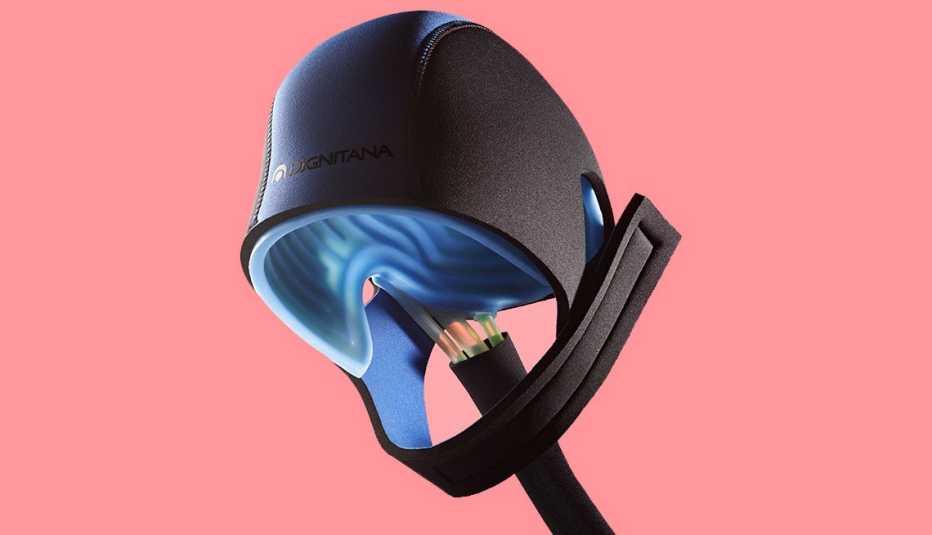AARP Hearing Center


Pioneering drugs that remedy once-intractable diseases; clever products that make everyday living easier for people with injury or illness; innovative technologies that provide relief at a touch of a button — by all measures, 2017 has been a year of astounding health care advancements. Here are some of the ways medical trailblazers and researchers are creating fresh possibilities for you and your family.


New Hope At Stage 4
Adrienne Skinner awoke from cancer surgery to stunning news. “I came to, and he told me we couldn’t do it,” Skinner says of her surgeon, who had planned to remove a tumor from the end of her bile duct. “He said, ‘Cancer has invaded your liver. It’s stage 4. It’s systemic.’ ” She was diagnosed with ampullary cancer, a form so rare that no standard treatments existed. Until now.
After some “pretty nasty” chemotherapy, Skinner, 60, of Larchmont, N.Y., became part of a clinical trial for pembrolizumab, marketed by Merck as Keytruda.
The drug helps the body’s immune system fight the disease. Skinner started infusion treatments in April 2014. In July her surgeon took another biopsy. “He said, ‘If somebody hadn’t told me you had cancer, I never would have known,’ ” she notes. The tumor was gone.
The Food and Drug Administration (FDA) has since approved further uses of Keytruda, such as for patients with a genetic mutation called mismatch repair deficiency. The drug continues to be tested for use by patients without the mutation. It is approved for some head and neck, lung, bladder and metastatic melanoma cancers, as well as Hodgkin lymphoma.
During clinical trials, the medication was famously used to treat former President Jimmy Carter, who two years ago announced he had cancer in his brain and liver and said his fate was “in the hands of God, whom I worship.” Four months later, his cancer was gone.
Skinner has seen similar results. She’s back at work and makes a point of swimming and playing tennis. “I’m running around like a maniac. I’m out gardening right now,” she says. “I know what a gift is, and I know the gift of life." —Mindy Fetterman


Hair-Saving Device
Two years ago the FDA approved scalp-cooling caps, which help breast cancer patients keep their hair during chemotherapy. Now one such device, the DigniCap, has also been cleared for patients with other solid-tumor cancers. That could help nearly 800,000 Americans avoid chemo-related hair loss. Why it’s key: One in 12 women with breast cancer avoid potentially lifesaving treatment for fear of going bald. Says patient Lauren Jones of the Paxman Scalp Cooler device: “It’s liberating.” —Sari Harrar



































































More From AARP
Medical Breakthroughs: Diabetes
Keep your blood sugar levels in check with exciting new devices and medications
Medical Breakthroughs: Stay Mobile
Addressing arthritis, muscle weakness, nerve damage and more through technologyMedical Breakthroughs: Cancer
Pioneering drugs, products and technologies provide an array of fresh possibilities